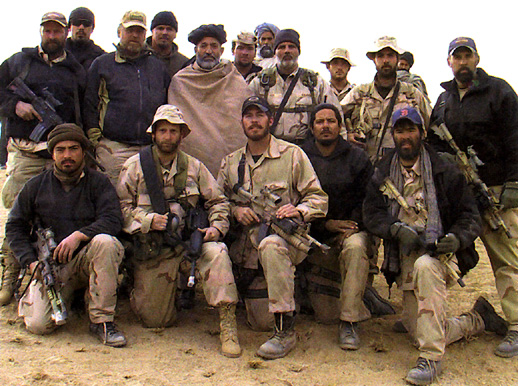Publications
Cyber, Intelligence, and Security, Volume 1, No. 1, June 2017

This article describes and defines the concept of “human terrain” that developed in the American military following its experiences in Afghanistan and Iraq and elaborates on the reasons that led to its development. It focuses on the theoretical foundations and on the correlations between human terrain, cultural intelligence, and intercultural competence, all against the backdrop of the American and Israeli experiences in different theaters of confrontation. Acquiring an in-depth understanding of the local culture is an essential condition for ensuring the relevance of a military mission. Cultural intelligence as a means of correlating the cultural knowledge obtained by the Human Terrain System with the intelligence necessary for carrying out the military mission is also crucial. Recognizing the importance of cultural intelligence led the American military to
develop its Human Terrain System, which is composed of professional teams of social scientists who are embedded in forces at various levels and whose role is to help the forces in the combat theaters gain an understanding of the culture and the society. Commanders and team members who took part in the program widely agreed that the Human Terrain System contributes to the relevance and success of the military mission; alongside the importance attributed to the system, however, its operation also sparked criticism, both in military and academic circles. Despite the methodological, operational, and organizational developments
of the Human Terrain System in the American context, gaps still exist, and in many cases, the deliverables are inadequate. Gaps in knowledge of human terrain and its assimilation in the combat doctrine and in the intelligence methodology also exist among the security and intelligence agencies in Israel.


